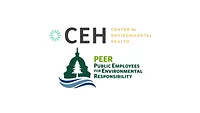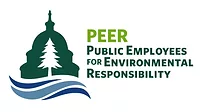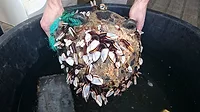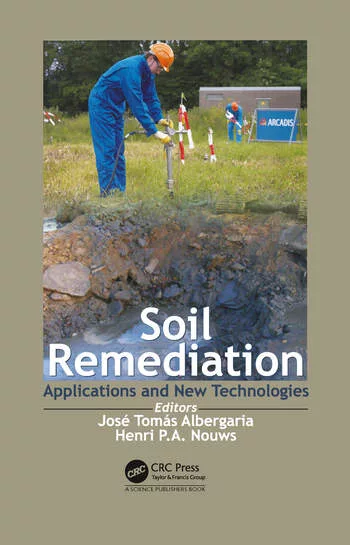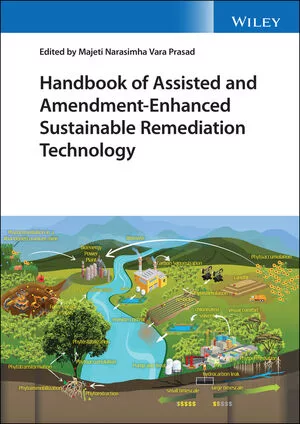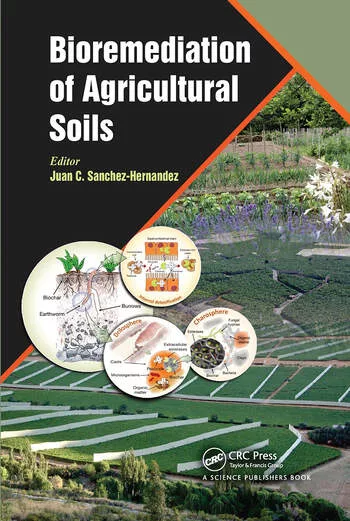PEER: Park service punts on plastic reduction
As the National Park Service inks a new deal for plastic bottle concessions, Public Employees for Environmental Responsibility say the agency is dragging its feet
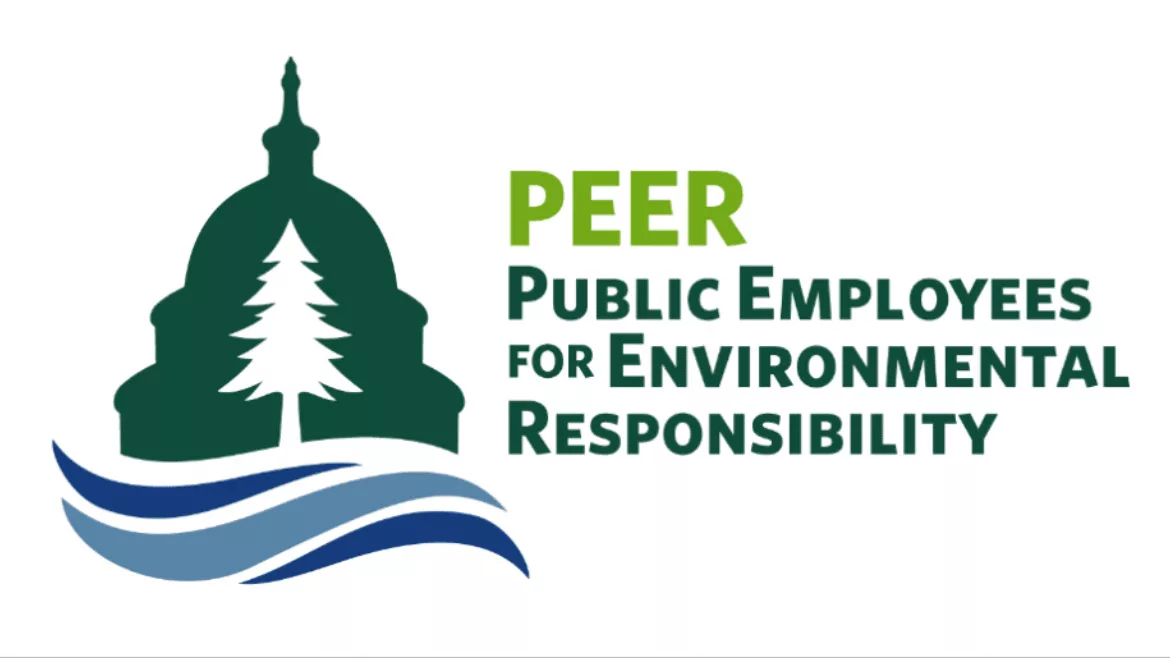
The National Park Service’s (NPS) new plan to eliminate single-use plastics is needlessly protracted, encumbered by red tape, and dependent for implementation upon a notoriously ineffective NPS Washington Office, according to an analysis by Public Employees for Environmental Responsibility (PEER). As a result, NPS’ plan is weaker than any proposed by Interior Department agencies and would not produce visible progress until late this decade.
In June 2021, PEER, GreenLatinos, and Beyond Plastics submitted a rule-making petition for a park-system-wide ban on single-use plastic water bottles and a 75% systemwide reduction in plastics use by 2026. NPS has yet to respond formally to this petition. Instead, the Interior Department ordered NPS and its other agencies to develop plans for phasing out the purchase, distribution, and sale of single-use plastics by 2032.
The NPS plan was unveiled on September 28, 2023. On examination, however, this plan –
- Devotes the next two years to “policy development” with no significant implementation slated to begin until five years out;
- Allows individual parks to continue executing new multi-year concession contracts for concession sales of disposable plastic water bottles to visitors; and
- Hamstrings individual parks from moving faster, since any park-specific plastic use reductions would require Washington Office approval.
“The Park Service’s plan is a disappointing ‘plan to plan’ without any near-term steps for meaningful plastic reduction,” stated Rocky Mountain PEER Director Chandra Rosenthal. “This plan is strong on time-consuming bureaucracy and short on any concrete actions.”
By contrast, under its plan, the more than 500 units of the National Wildlife Refuges System would cut plastic use by 25% by the end of 2024 and end the sale of any single-use plastics in all new concessions contracts. The U.S. Bureau of Land Management plans to fully reduce single plastic use by the end of FY2027, before the NPS will have even begun any reductions.
Further, the NPS’ 10-year implementation schedule makes it extremely vulnerable to changes in administration. For example, the Trump administration wiped out the modest progress made on this issue under Obama with Coca-Cola and other bottlers lobbying against plastic bottle bans.
“Under what is proposed, single-use plastics will remain the single biggest component of waste in national parks for years to come,” added PEER Litigation and Policy Attorney Colleen Teubner, pointing to the failure of the “Green Parks Plan” under Obama. “The extremely slow implementation schedule offers ample opportunities for a big, distracted bureaucracy to place this effort on a backburner and then eventually to abandon it altogether.”
Read PEER analysis of NPS plan’s shortcomings
Compare Interior agency plastic reduction plans
View languishing national park bottle-ban rule-making petition
See PEER call for a two – not ten – year park plastic phase-out

